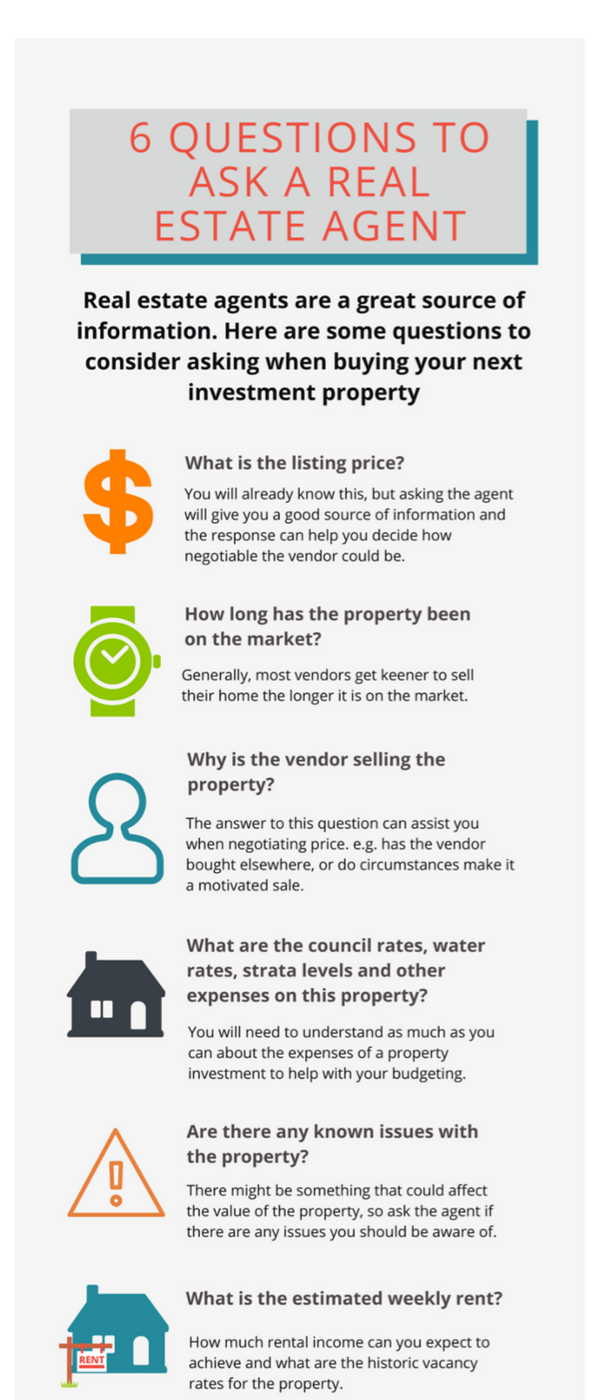In South Africa, declining a rental application based on race, colour, or sexual orientation is strictly prohibited by law. This is a matter of both constitutional and statutory protection of equality and human rights.
⚖️ Legal Foundations Explained
1. The Constitution of the Republic of South Africa, 1996
- Section 9: Guarantees the right to equality and freedom from unfair discrimination.
- Prohibits both the state and private persons (including landlords or agents) from discriminating on grounds including:
- Race
- Colour
- Gender
- Sexual orientation
- Religion
- Ethnic or social origin
💡 Impact: This means even a private property owner must treat all applicants fairly and equally, regardless of their identity or background.
2. Rental Housing Act, No. 50 of 1999
- Section 4(1) of the Act clearly prohibits a landlord or their agent from:
“Unfairly discriminating against a prospective tenant on grounds including race, gender, sex, pregnancy, marital status, ethnic or social origin, colour, sexual orientation, age, disability, religion, conscience, belief, culture, language, or birth.”
🔴 Consequences:
- Violating this provision is a criminal offence.
- The matter may be reported to a Rental Housing Tribunal, and penalties may include:
- Fines
- Imprisonment (up to 2 years)
- Compensation to the victim
3. Promotion of Equality and Prevention of Unfair Discrimination Act (PEPUDA), 2000
- Provides mechanisms through Equality Courts to address unfair discrimination in both public and private sectors.
- Applies to any person or entity that unfairly discriminates, including in housing and property dealings.
🏘️ Practical Application for Landlords and Agents
❌ Illegal Screening Criteria:
A landlord may not reject or exclude a tenant because of:
- Their race or ethnicity
- Their skin colour
- Their gender identity or sexual orientation
- Their religious beliefs
Even subtle actions—like telling someone “the place is already taken” when it’s not, or offering different rental terms based on who the person is—can amount to discrimination.
✅ Legal Screening Criteria:
Landlords are allowed to make decisions based on legitimate and neutral factors, such as:
- Credit record and affordability
- Employment verification
- References from previous landlords
- Number of occupants (in line with lease agreement)
These factors are acceptable as long as they are applied equally to all applicants.
⚠️ What Happens If a Landlord Discriminates?
A tenant or applicant can:
- File a complaint with the Rental Housing Tribunal in their province.
- Approach the Equality Court, which handles cases of unfair discrimination.
- Seek damages, including compensation for emotional distress, loss of opportunity, or additional costs incurred.
🧾 Example Case (Illustrative)
Case: A Black gay couple applies to rent a flat. The landlord declines and later rents to a white heterosexual couple, despite the first couple being financially qualified.
Outcome:
- The couple can file a complaint with the Equality Court.
- If found guilty, the landlord could be:
- Ordered to pay damages
- Fined
- Required to issue a public apology
- Subject to a criminal record (in some cases)
✅ Summary
| Law | What It Prohibits | Who It Applies To |
|---|---|---|
| Constitution (Section 9) | Any unfair discrimination | Everyone |
| Rental Housing Act | Discrimination by landlords or agents | All landlords |
| PEPUDA (Equality Act) | Discrimination in all forms of housing | All individuals/entities |
If you're a landlord, make sure you use clear, written criteria for tenant screening.
If you're a tenant or applicant who feels unfairly treated, I can help you draft a formal complaint or prepare for the Tribunal.
Would you like a sample letter of complaint or assistance with reporting discrimination?
















